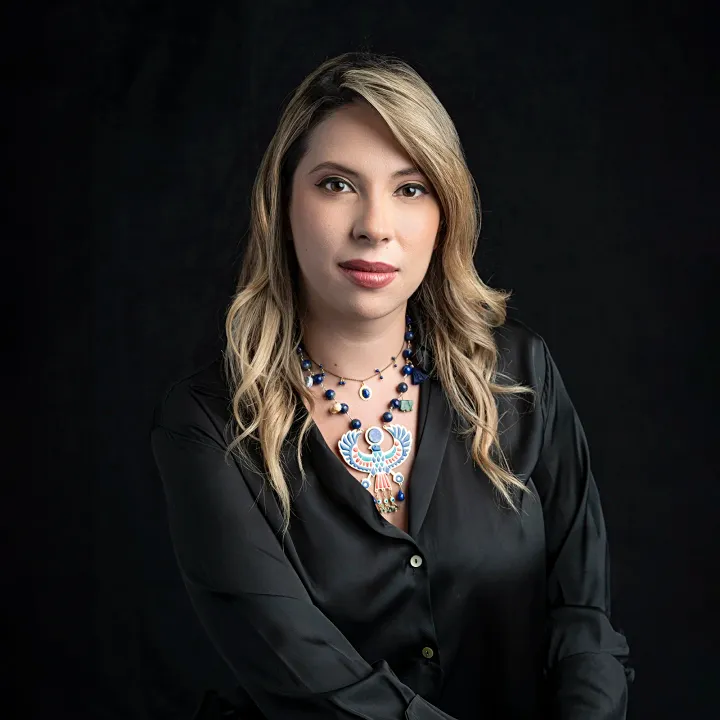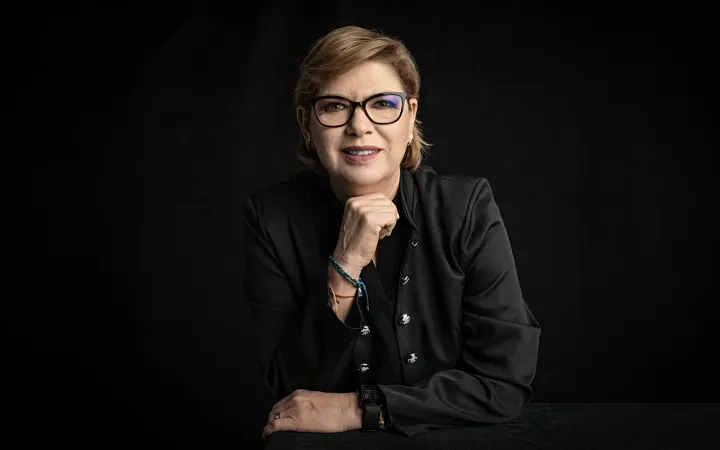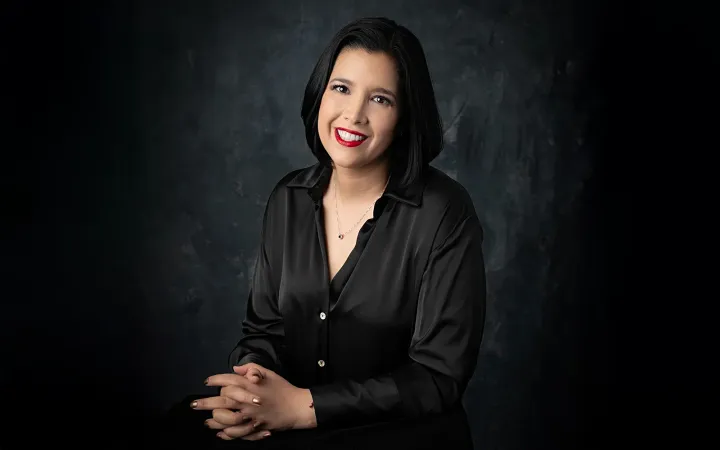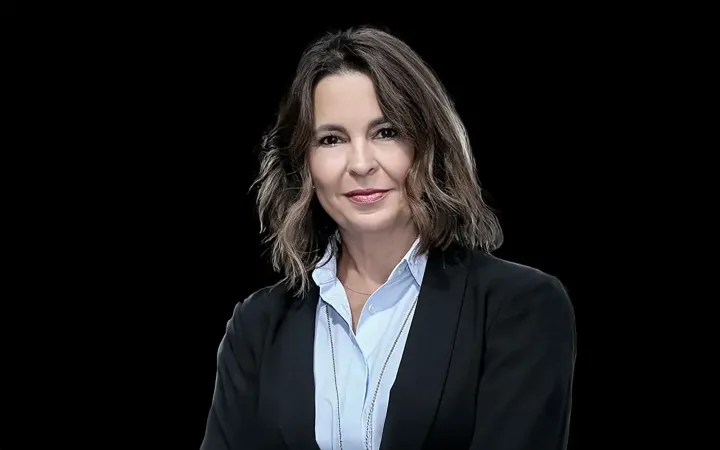Por Stephanie Henaro
Nicolás Maduro puede decir lo que quiera, pero a estas alturas ni siquiera él cree que ganó, porque la política se hace en las calles, el pulso político se siente en las calles, y hoy las calles ya no le pertenecen.
Las calles de Venezuela han sido tomadas por el bravo pueblo que busca libertad y, en las horas previas a su acto de investidura —que más bien debería ser visto como un acto de usurpación de poder—, han mostrado al ejército retroceder en algunas partes y a María Corina Machado hacer algo que Maduro jamás podrá hacer: caminar por las calles, siendo acompañada por la gente.
Machado está orgullosa, y los venezolanos ya no tienen miedo. Esa es una combinación explosiva. Así que vamos a decir las cosas de frente: la única fuerza de Nicolás Maduro es la bruta, y permanecerá en el poder mientras el ejército lo sostenga.
Esta ha sido la receta de todos los dictadores. Por eso, no debemos ignorar el interés económico que une a los militares con el chavismo, especialmente en el lucrativo negocio del tráfico de cocaína que mantiene al régimen a flote. Según una investigación de El Nuevo Herald, desde Venezuela salen entre 250 y 350 toneladas métricas al año, con un valor en las calles de entre 6,250 y 8,750 millones de dólares.
De ese tamaño es la “fuerza bruta” que le queda al sucesor de Hugo Chávez, quien se negó a presentar las actas de los comicios del pasado 28 de julio para demostrar su pretendida victoria, adjudicada finalmente por un sistema judicial cooptado. Mientras tanto, Edmundo González Urrutia, opositor y mano derecha de Machado, quien asegura haber ganado con el 70% de los votos, promete regresar a Caracas después de su gira internacional y asumir el cargo, aunque sea de manera simbólica.
La cuestión aquí es si el chavismo lo tomará preso. De hecho, la Fiscalía emitió una nueva orden de detención en su contra y aumentó la recompensa por su captura a 100,000 dólares. Además, las intimidaciones no se han quedado atrás: la mañana del martes, la policía de Venezuela secuestró a su yerno, Rafael Tudares.
Por eso, esta vez la luz al final del túnel se refleja en las calles y tiene la cara de María Corina Machado, quien sigue ahí a pesar de todo: de una nueva ola de detenciones de opositores y dirigentes de la sociedad civil que desató la condena internacional, de haber pasado 133 días en la clandestinidad, y de haber sido detenida brevemente y con violencia por la policía. No la quieren ver ahí, ni a González tampoco.
Caracas está militarizada, y el martes los uniformados repartieron fusiles de asalto a civiles frente al palacio de Miraflores, convirtiéndose en una caricatura del mismo Chávez que, asediado por el cáncer, dijo: “Cuando de verdad este cuerpo se acabe, Chávez no se acabará, porque Chávez ya no soy yo, porque Chávez está en las calles y se hizo pueblo”.
Hoy todo eso lo representan Machado y González, y por eso las calles de Venezuela hierven.
El último en salir, apague la luz.
@StephanieHenaro
* Stephanie Henaro Canales es asesora, periodista y docente. Estudió la licenciatura en Relaciones Internacionales en el Tec de Monterrey de la CDMX , obtuvo el título de Maestra en Geopolítica, Territorio y Seguridad por la Universidad King’s College London, y es miembro de COMEXI.

Las opiniones expresadas son responsabilidad de sus autoras y son absolutamente independientes a la postura y línea editorial de Opinión 51.






Comments ()